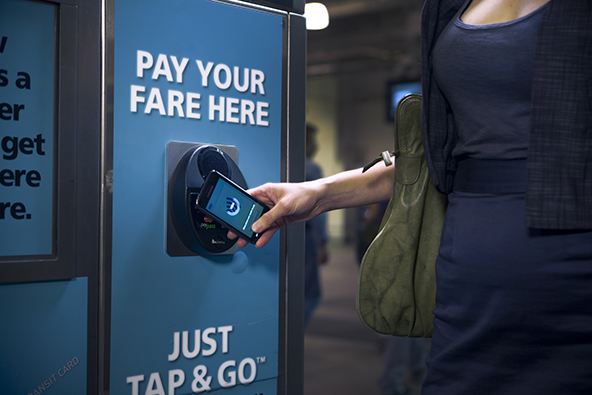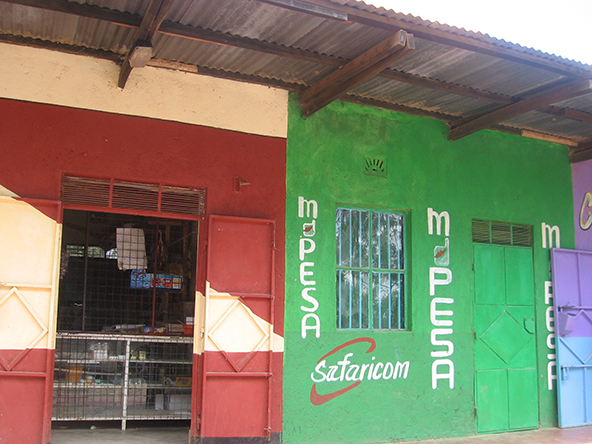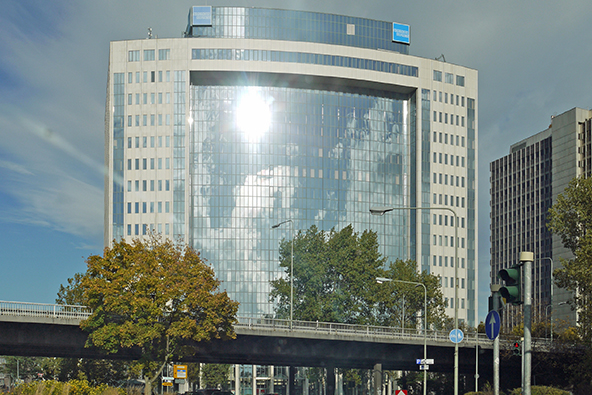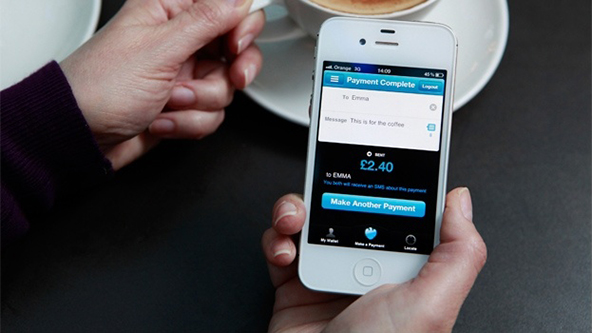How Tough Is It to Make Money in Payment Processing?

Making money in processing credit card payments is tough, Bloomberg’s Mark Milian and Douglas MacMillan (M&M) inform me this morning. Their conclusion is based on an analysis of one specific event — the shutting down of a venture capital-backed payment processor — imaginatively named IP Commerce — which has provided back-end services for prominent payments start-ups such as Square and for otherwise well-known industry newcomers such as Groupon.
M&M’s argument is that the Square-led commoditization of the payment processing industry has left service providers with no room for profit — once the card issuers and the acquiring banks take their cuts, there is nothing left for the IP Commerces of the world, we are told. On the other hand, M&M tell us, Square and PayPal (through its PayPal Here Square clone) have met with success, because they have discovered the right formula — offering services directly to consumers. Well, I find the former claim unconvincing and in contradiction with the latter, which itself needs to be expanded on. Let me elaborate.
The Commoditization of Payment Processing vs. Economic Viability
Here is how Charlie Wilson — an IP Commerce executive — explains his company’s demise in an email to clients, as quoted by M&M:
As the commoditization of payment-processing services accelerates, we have determined that it is no longer economically viable for us to provide payment processing services.
I don’t want to go too deep into the causes of this one company’s misfortunes, but let me just say that IP Commerce’s troubles clearly seem to lie elsewhere. The company, powered by $50 million of venture capital money, had developed a platform for Square and its clones to do all the “commoditization” Wilson blames for his company’s problems. But that being the case, said commoditization should have worked in the back-end service provider’s favor — through expanding the end-user base, it increases the processing volume handled by IP Commerce and hence — its revenues. How can that be so bad for the company, never mind lead to its decline? No, the problem clearly is that IP Commerce had placed itself in a quite unfavorable position.
I don’t know all the details, but M&M tell us that Square was no longer using the failed processor’s platform at the time its shutdown was announced. And that illustrates what the problem was — IP Commerce had been entirely dependent on being able to keep a handful of end-service providers as clients. But as Square kept growing, two things were bound to happen. Firstly, the market would consolidate, as the vast majority of Square clones found themselves unable to compete on price, for they have nothing else to distinguish them from the original. Secondly, Square would build its own platform to decrease its dependence on third-party service providers, as would do its surviving competitors (can you imagine PayPal letting someone else process its payments?). And who would be left for IP Commerce to provide back-end services for? So IP Commerce’s business model was clearly unsustainable and I’m left wondering how they’ve got all the VC money we hear about.
Making Money in Payment Processing
Here is what M&M have to say on the issue of making money in the payments industry:
In the commerce industry, there’s little room behind the scenes for profit after credit-card companies and banks take their cuts of a transaction. Newer entrants in the field, such as EBay Inc. (EBAY)’s PayPal and Jack Dorsey’s Square, have found success by offering their services directly to consumers.
Well, the first part of M&M’s statement is correct, insofar as servicing consumers and very small businesses is concerned. The vast majority of Square’s customers use the service rarely, if ever, and the processor relies on the remaining users to generate enough revenue to cover the losses associated with servicing the millions of loss-making customers and make some profit. Such a business model can only be successful if the service provider manages to grow big enough to become the dominant player in its market — or at least one of few dominant players — and do it quickly, or at any rate, before its competitors. That is precisely what PayPal did more than a decade ago in the person-to-person payments market and that is what Square is doing today in the direct mobile credit card acceptance niche.
But things look rather differently in other corners of the payments market and that makes perfect sense — you can’t expect, say, a large supermarket’s needs to be as easily met as a Craigslist seller’s. And the contrast is even more stark in our end of the spectrum — high-risk. In our sub-industry, expertise counts for much more than anything else. Our clients — we only work with larger, experienced merchants — understand that the type of high-quality service we provide and they need doesn’t come cheap and are perfectly fine with that, for they have dealt with inexperienced service providers in the past and have learned their lesson.
So commoditization is not universally applicable in our industry and M&M’s sweeping statement that in payment processing there is little room for profit doesn’t hold true most of the time. And, by the way, once the direct mobile credit card acceptance niche matures, Square and its few surviving competitors would be enjoying great profits — their size would ensure it.
The Takeaway
The unfortunate back-end provider of M&M’s piece is merely a victim of its own flawed business strategy in which respect it is far from unique. There is an incredible number of aspiring mobile payments processors with similarly dead-end prospects, some of which have also managed to obtain huge amounts of VC money; we have reviewed many of them on this blog over the years. Just recently, for example, I reviewed the latest change in Groupon’s mobile payments strategy and wasn’t exactly lavishing praise on the daily deal provider. Rather than tailoring the service around its most valuable clients’ specifications, the troubled publicly traded company had decided to compete with Square on price, something even deep-pocketed PayPal had decided against. Groupon’s strategy is unlikely to succeed but, just as is the case with IP Commerce’s failure, such an event shouldn’t be interpreted to mean that there is no money to be made in our industry. On the contrary, there are plenty of profit-making opportunities for those who position themselves correctly.
Image credit: Visa.com.


